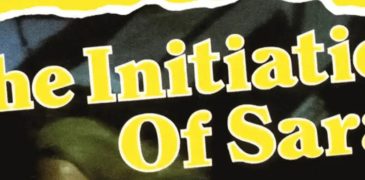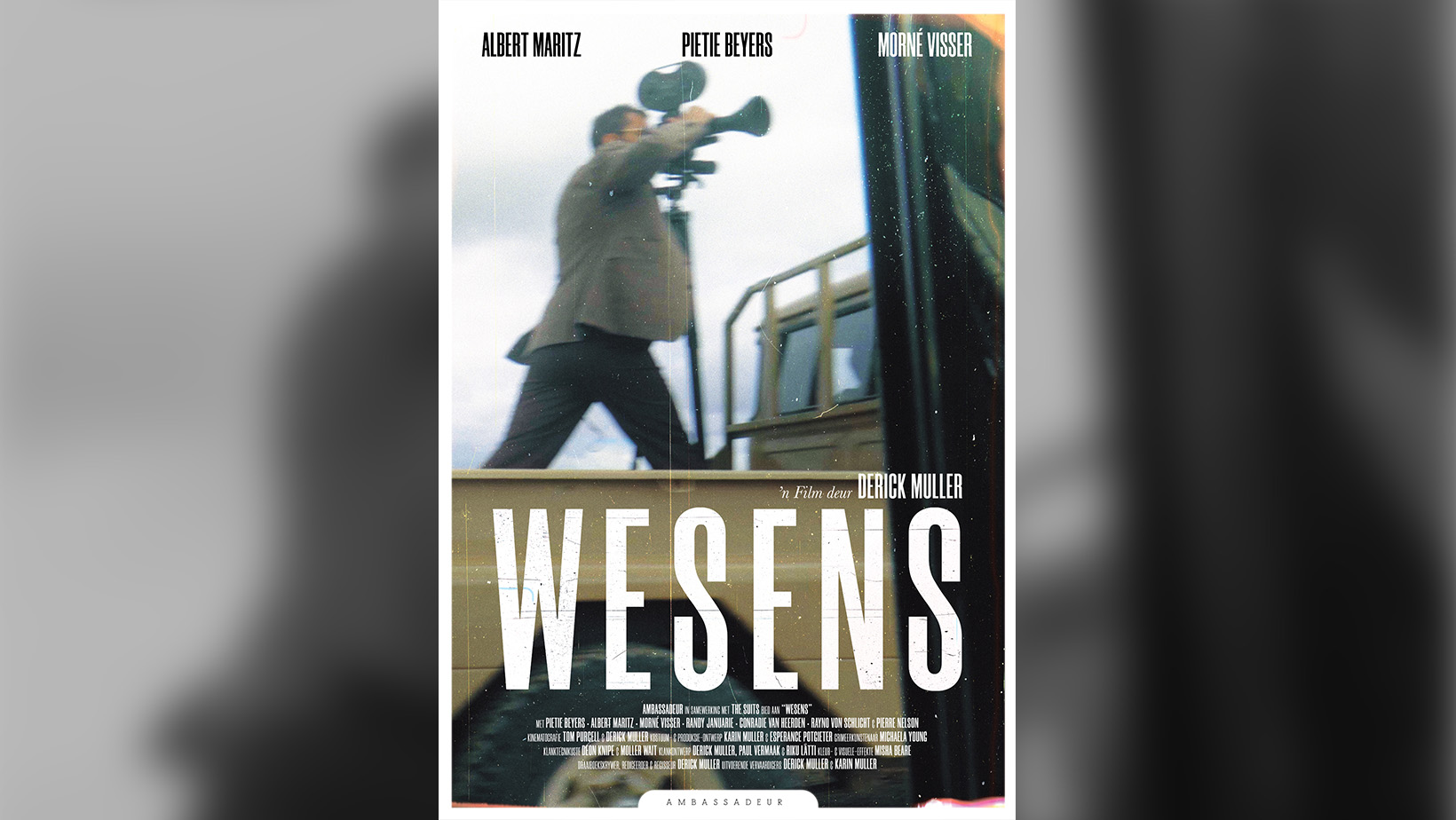
In 1967, four South African Republican Intelligence Agents respond to a mysterious object crash landing on a farm, playing out to offer South Africa’s first found footage horror movie. They expect to find a Russian satellite of some description that could net a CIA payday. What they find instead, as they head out with a field testing kit, however, an 8mm camera, and a 16mm camera instead, could be a discovery that shakes the world.
Wesens is a surprising movie, living up to online discourse, emphasising the mystery. It can be easy to make an early assumption of what you think is happening, but the final act should dispel the easy route most found-footage features would have taken. What has instead been achieved here is a thoughtful and innovatively constructed surprise; that, as the end credits roll, the viewer may realise how they got there but is bewildered by the journey itself.
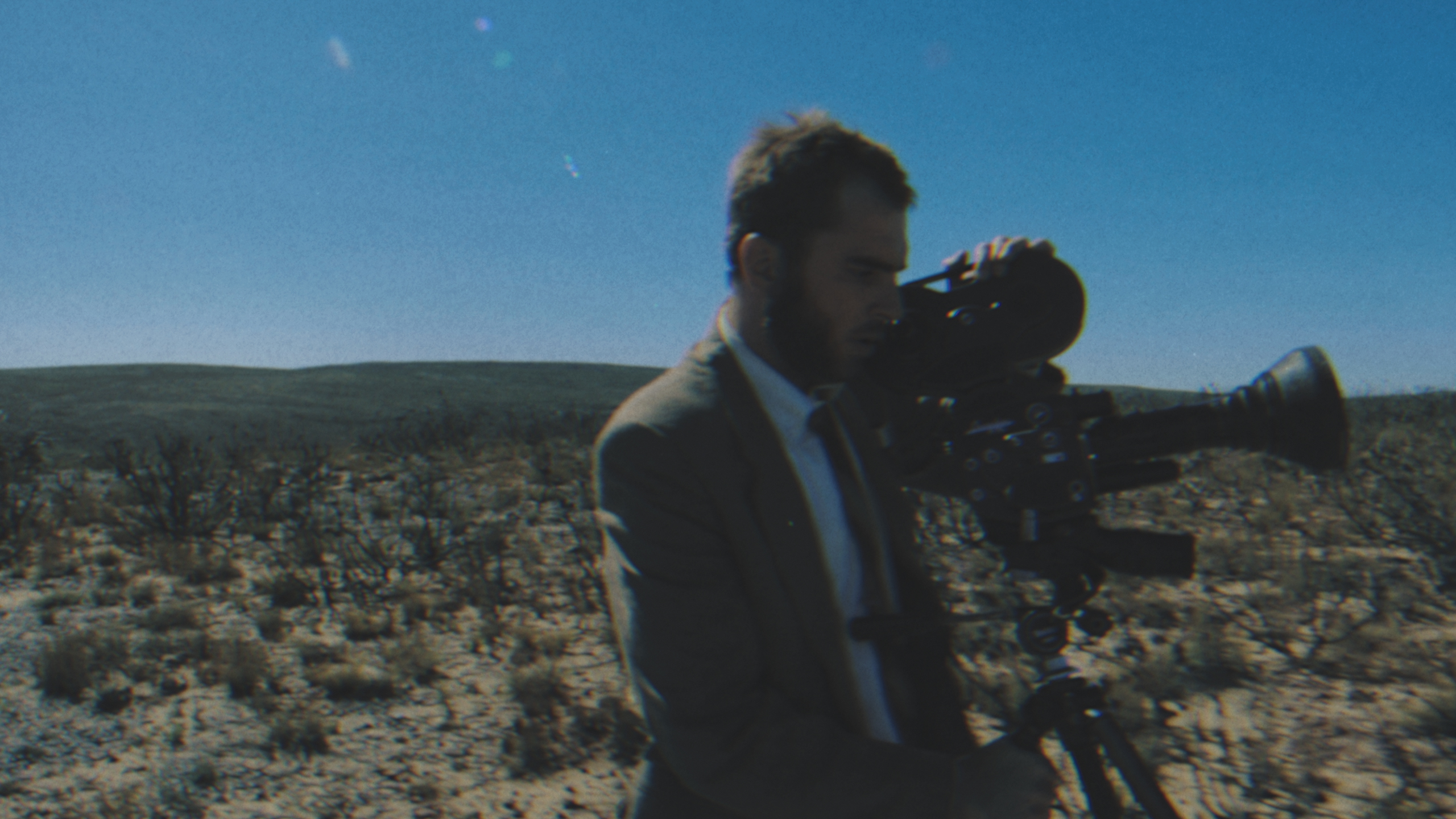
To highlight the possibilities in a review would risk spoiling the experience; it’s definitely best to go in open-minded and just let the weirdness wash over you. The uncanniness of Wessens is driven by strong performances that can make the most of doing little, a remarkable quiet appreciation for the emptiness of a well-chosen location, and the mix of spirituality along with mythology underpinning the writing.
Cast and crew put a lot into a great naturalistic feel for Wesens. If you stop to think about it, some of the topics of dialogue are a little on the nose for what is to come, but the actors deliver it in such a way that they get to seed this groundwork without shattering suspension of disbelief. The slow opening is a great example of setting the tone they will go forward with. The filmmakers have found an interesting way to set the time period, establish an organic feeling of normalcy, to go on to subvert and characterise the main cast all in one car ride. Deliberately minimalistic and executed to brilliant effect, Wessens seldom feels low-budget. It is accomplished enough to feel like it is doing exactly what it set out to achieve.
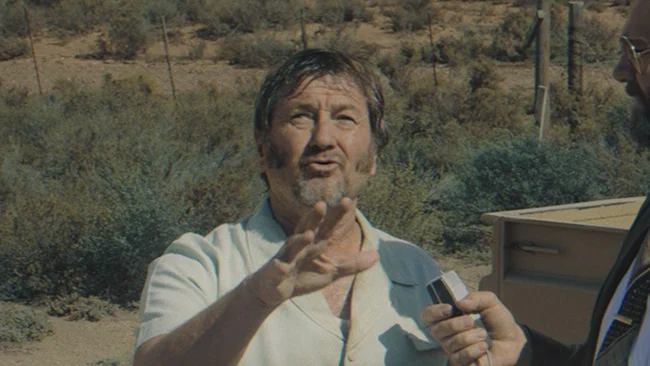
How the filmmakers make full use of the found footage format is a compelling journey, and the location they use certainly helps. Subtle sound work turns the surrounding empty vistas into something sinister as the movie progresses. This overwhelming vastness is always present from the establishing scenes through to the final events unfolding, making great use of the outdoor location to agoraphobically oppress the audience.
The crew, the editing team and principal photography crew get impressively innovative in stretching the limited format to get the effect they want. While there are only two possible camera perspectives they can cut between and a limited amount of props, great use is made of this as well as tricks such as diegetic use of a radio the characters have with them to convey a more complex cinematic experience without having to break the found footage boundaries they have set themselves.
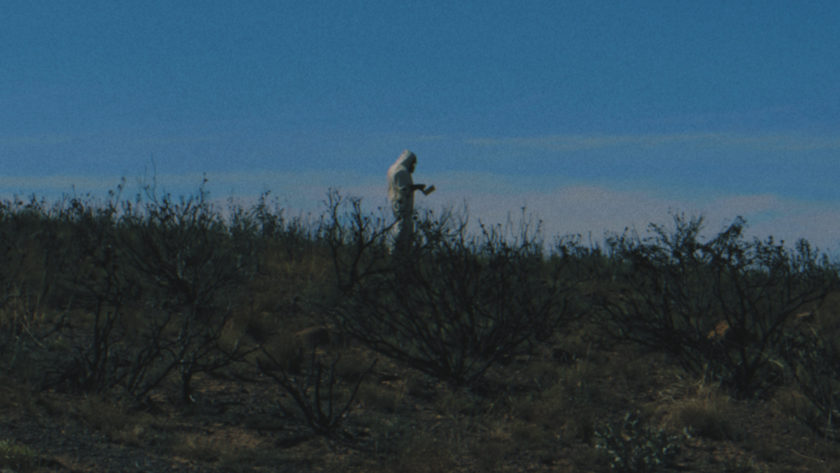
You’re not here to be scared watching Wesens. You’re here to question both the events of the movie and the nature of human existence after it is done. The mystery is strong enough in plotting and execution that you will have multiple opportunities to feel uncomfortable, but there are no in-your-face jump scares or gore. It’s a cerebral experience to the point where it’s more philosophic science fiction than horror, yet the unease the filmmakers’ construct keeps one foot in the found-footage horror subgenre. The mystery of the object maintains a feeling of unease throughout, so despite there being little in-your-face threat, you have a sustained viewing experience of never quite feeling safe.
That Wesens is such a thinker of a film may make this unsuitable for some unless they are in the right mood for a philosophical slow burner, but it’s more than compelling enough to reel its audience in without any need to approach it with reservation. While not necessarily a good pick for a group movie night it will definitely benefit from having friends who have also seen it to discuss theories afterwards. The strangeness it artfully constructs makes it an interesting experience that will go on to stick with you for some time after it is over. Light on action as well as intentionally low key in its horror elements, this makes the most of the found footage format to craft a powerful atmosphere. The decisions made of how and what to focus on make for a surprisingly surreal experience, given how otherwise grounded it is, offering viewers something they will rarely get in a tightly paced 90-minute feature.
This is well worth your time to seek out, just adjust your expectations down from high octane action first and let Wesens take you on a pleasantly bizarre journey full of surprises.

Wesens is Screening as Part of the 2022 Unnamed Footage Festival
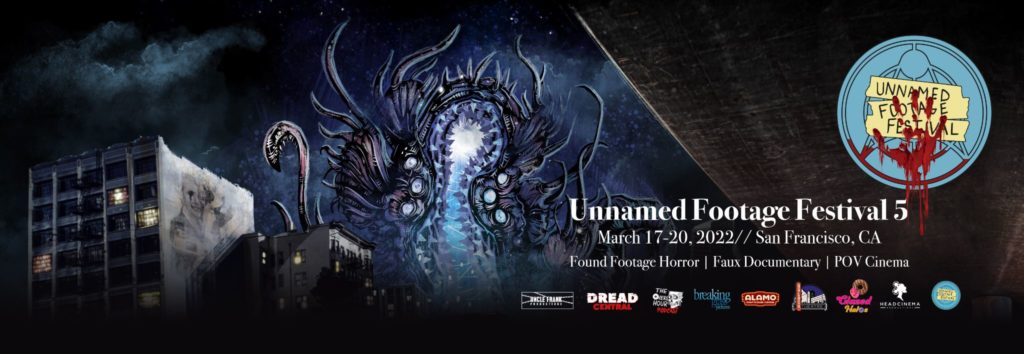
More Film Reviews
Oh, the level of alleged and legitimate prestige Dreamcatcher boasts – directed and co-scripted by Lawrence Kasdan (Body Heat) with the help of William Goldman (Marathon Man) from a novel… The Guyver is a 1991 American live-action tokusatsu sci-fi horror, written by Jon Purdy, and directed by Screaming Mad George and Steve Wang. The film is an adaptation of the… Medium-Sized Horror Bites From BITS 2023 We are thrilled to be reviewing features and shorts for the Blood In The Snow film festival again this year, and offer here our… Sorority sisters have been staples of the horror genre for almost half a century. Between Black Christmas in 1974 and 2020’s Sorority Secrets, we have enjoyed countless peculiar pledges, salacious… Sweet Home, a South Korean horror TV show based on a webtoon of the same name, is a story about an epidemic that causes humans to transform into horrific monsters,… Rumor has it that musicians sell their souls to the devil and worse represent Satan through their songs. It was a ridiculous idea that still scares the bejesus out of…Revisiting Dreamcatcher: Bros in the Woods on an Oxy Trip
The Guyver (1991) Film Review – Early Western Anime Adaptation
Mournful Mediums Short Film Reviews [Blood In The Snow Festival 2023]
The Initiation of Sarah (1978) Film Review | Sorority Sisters Meet Carrie
Sweet Home (2020) Series Review: Horror, Tragedy and Monsters
Shirome (2010) Film Review – Selling your Soul
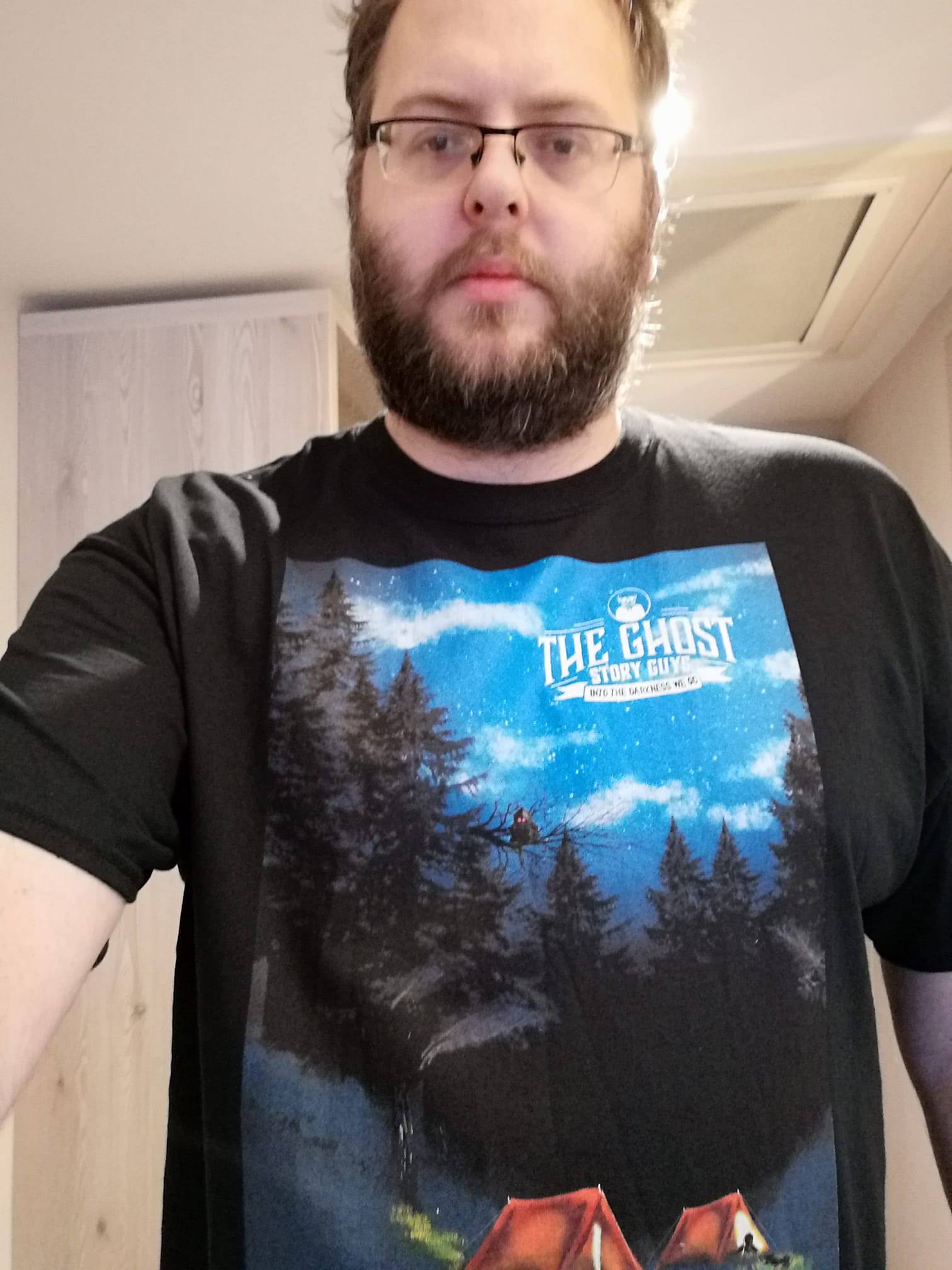
Luke Greensmith is an Editor at the Grimoire of Horror and an active folklorist as well as working in film across a few roles. While this can cover quite a wide range of things, he’s a dedicated horror fan at heart and pretty involved with horror communities both online and local to him. You can find their folklore work on the Ghost Story Guys Podcast, their own LukeLore podcast, and accompanying the artist Wanda Fraser’s Dark Arts series as well as on the Grimoire of Horror itself.


![Mournful Mediums Short Film Reviews [Blood In The Snow Festival 2023]](https://www.grimoireofhorror.com/wp-content/uploads/2023/11/Mournful-Mediums-cover-365x180.jpg)
